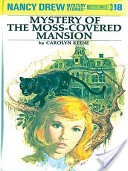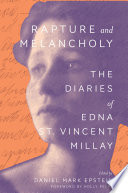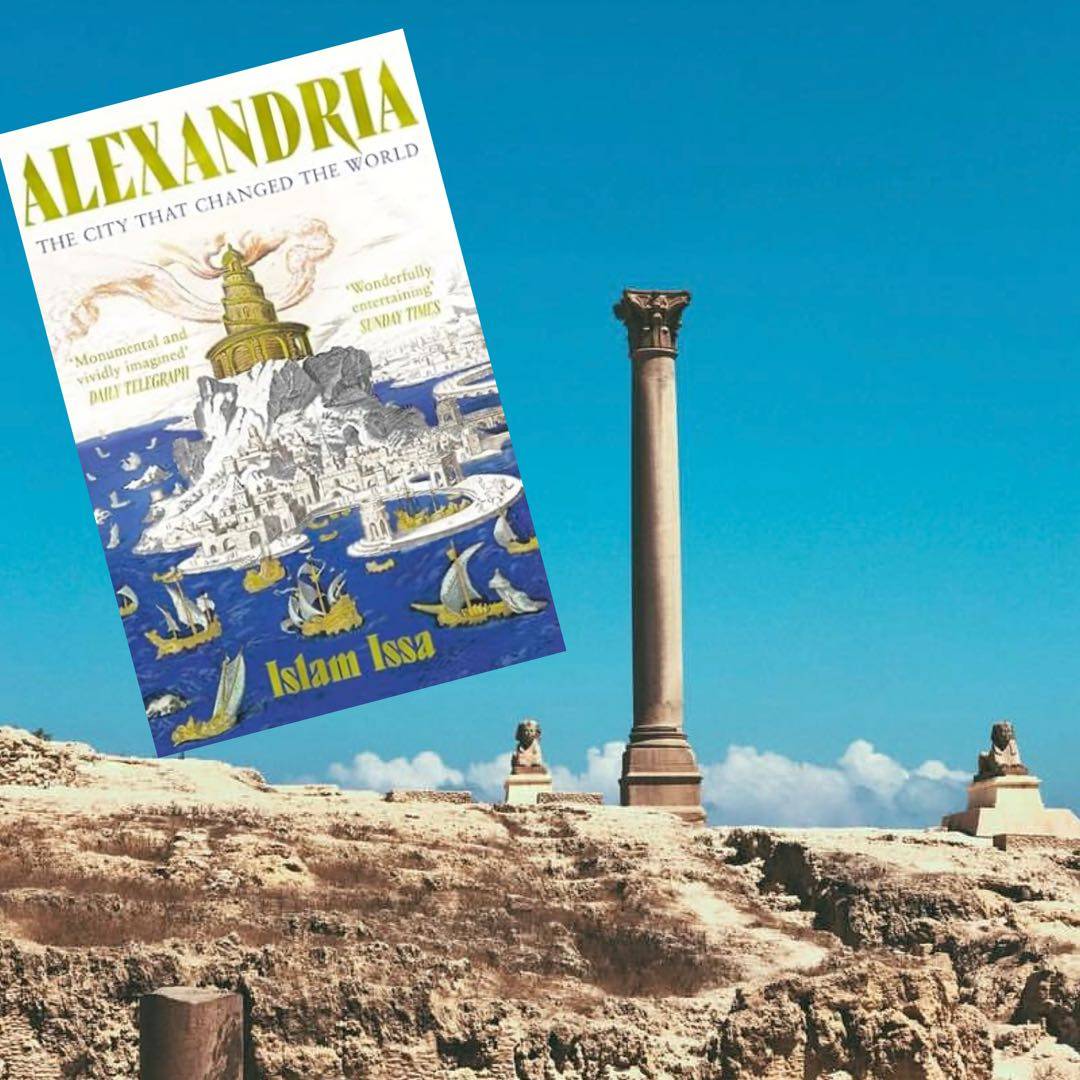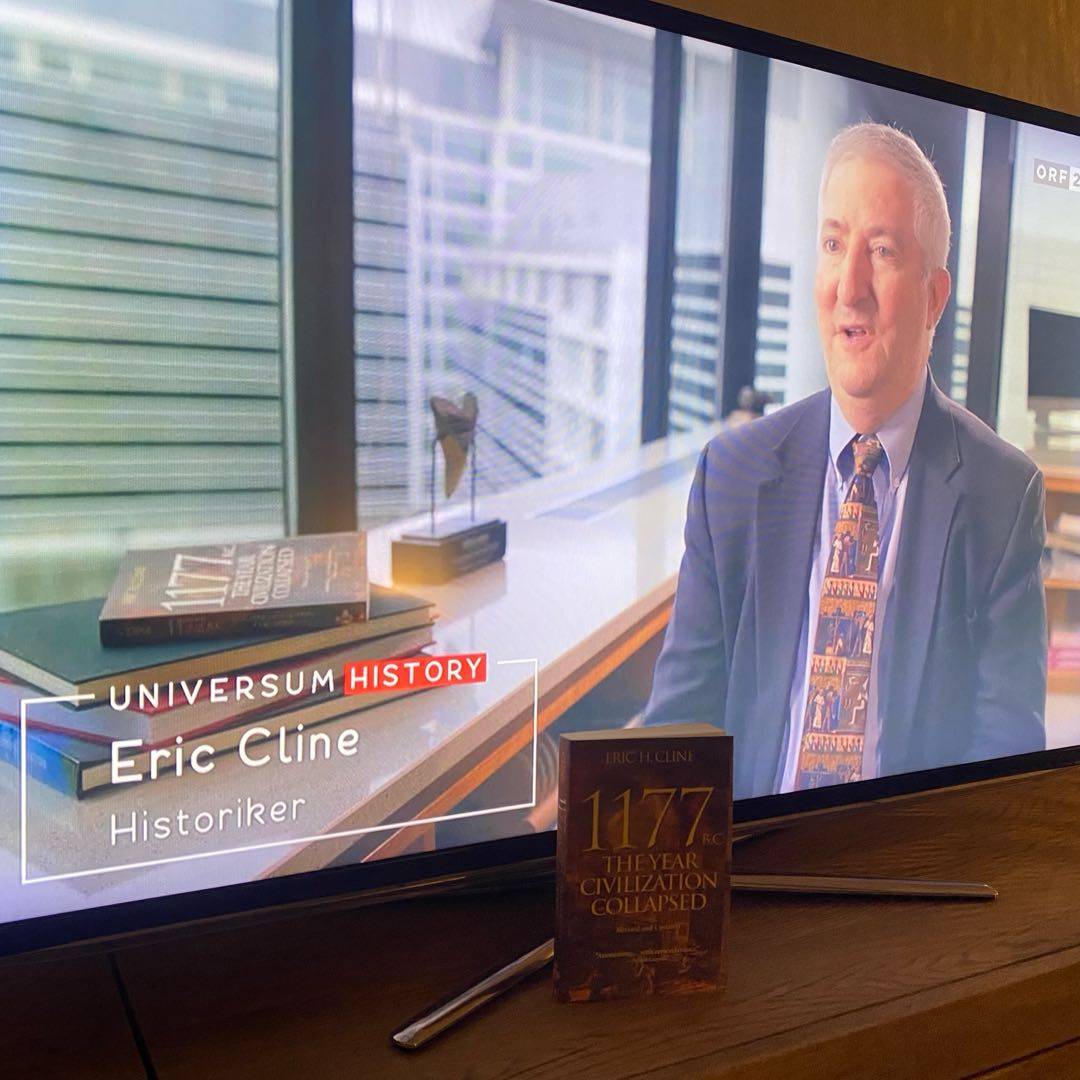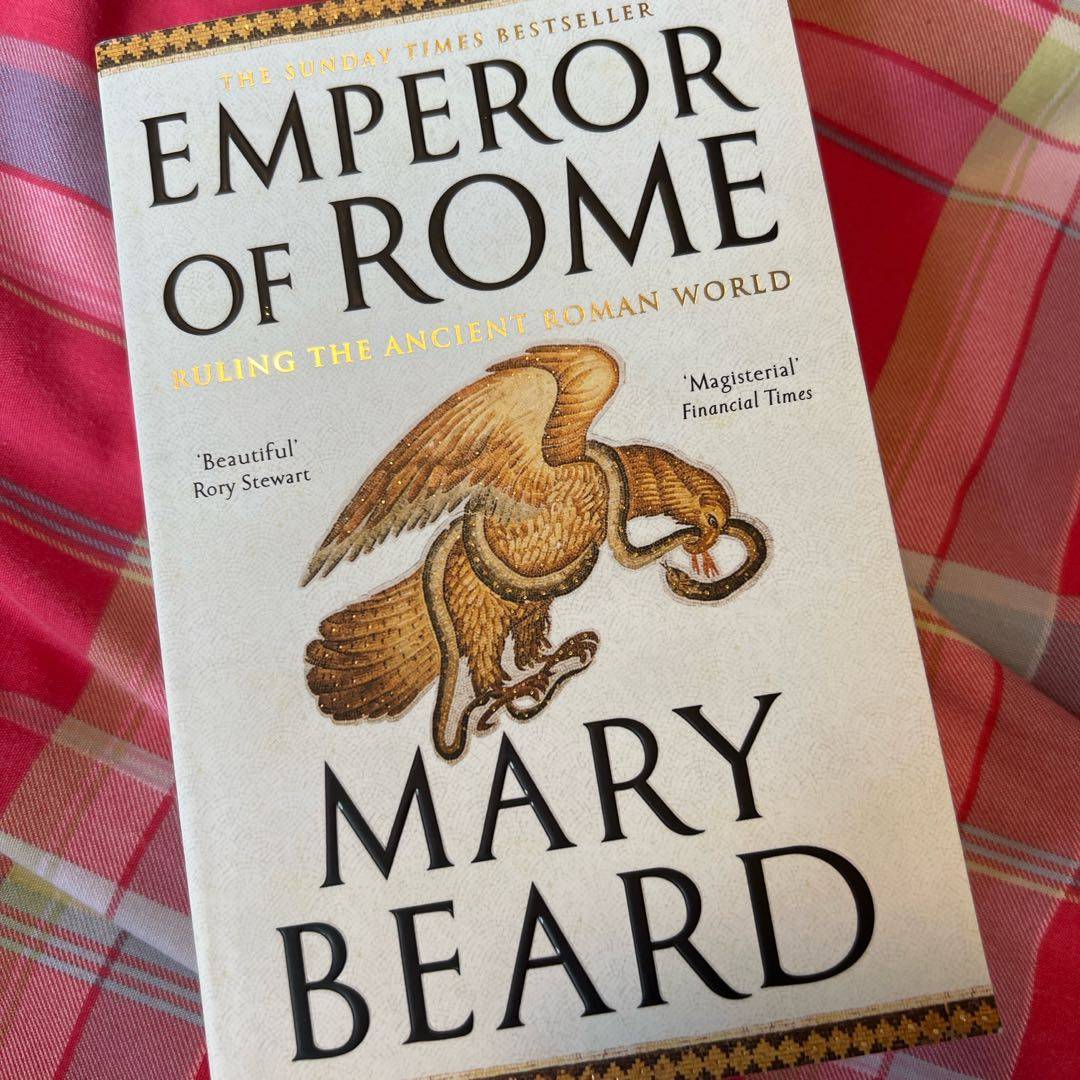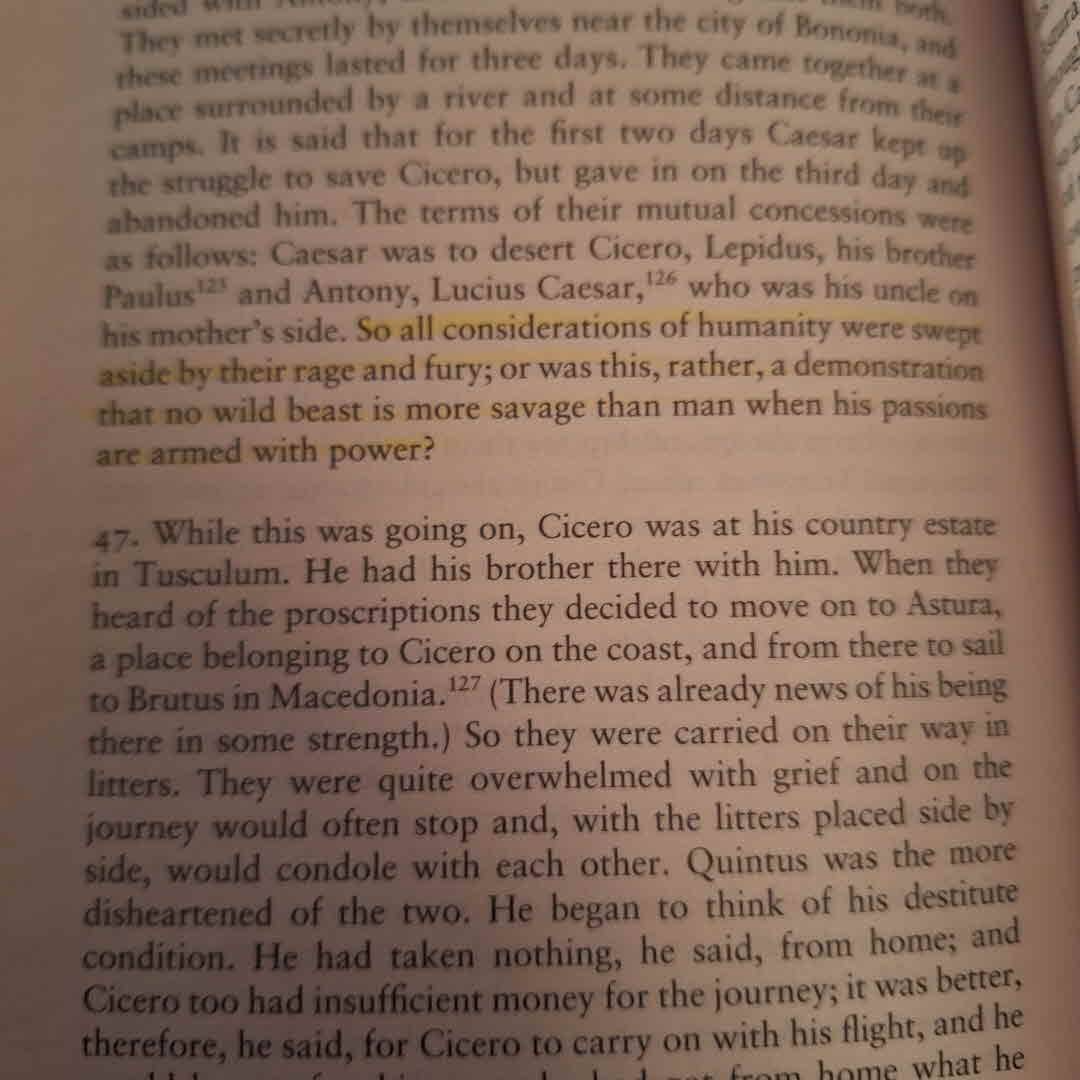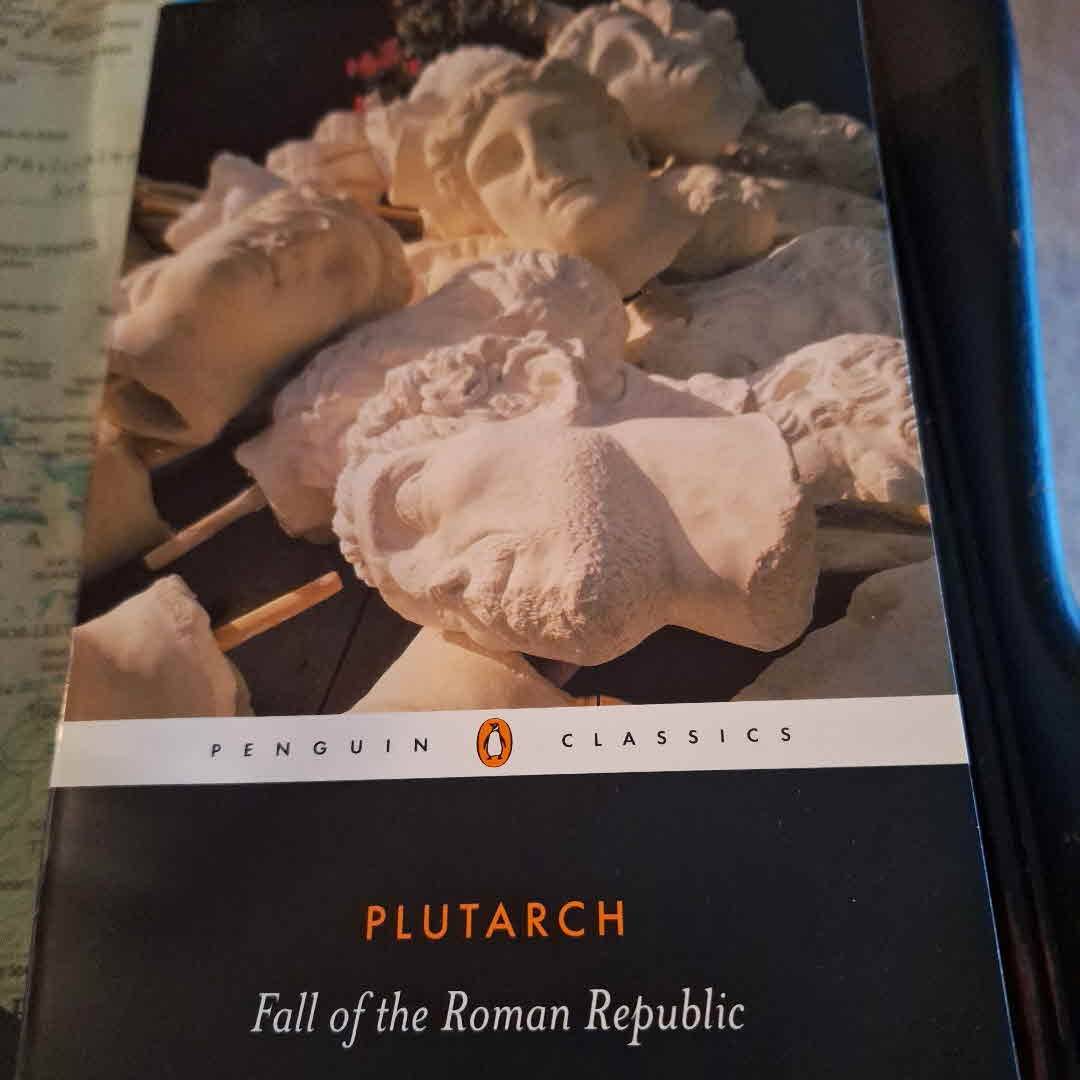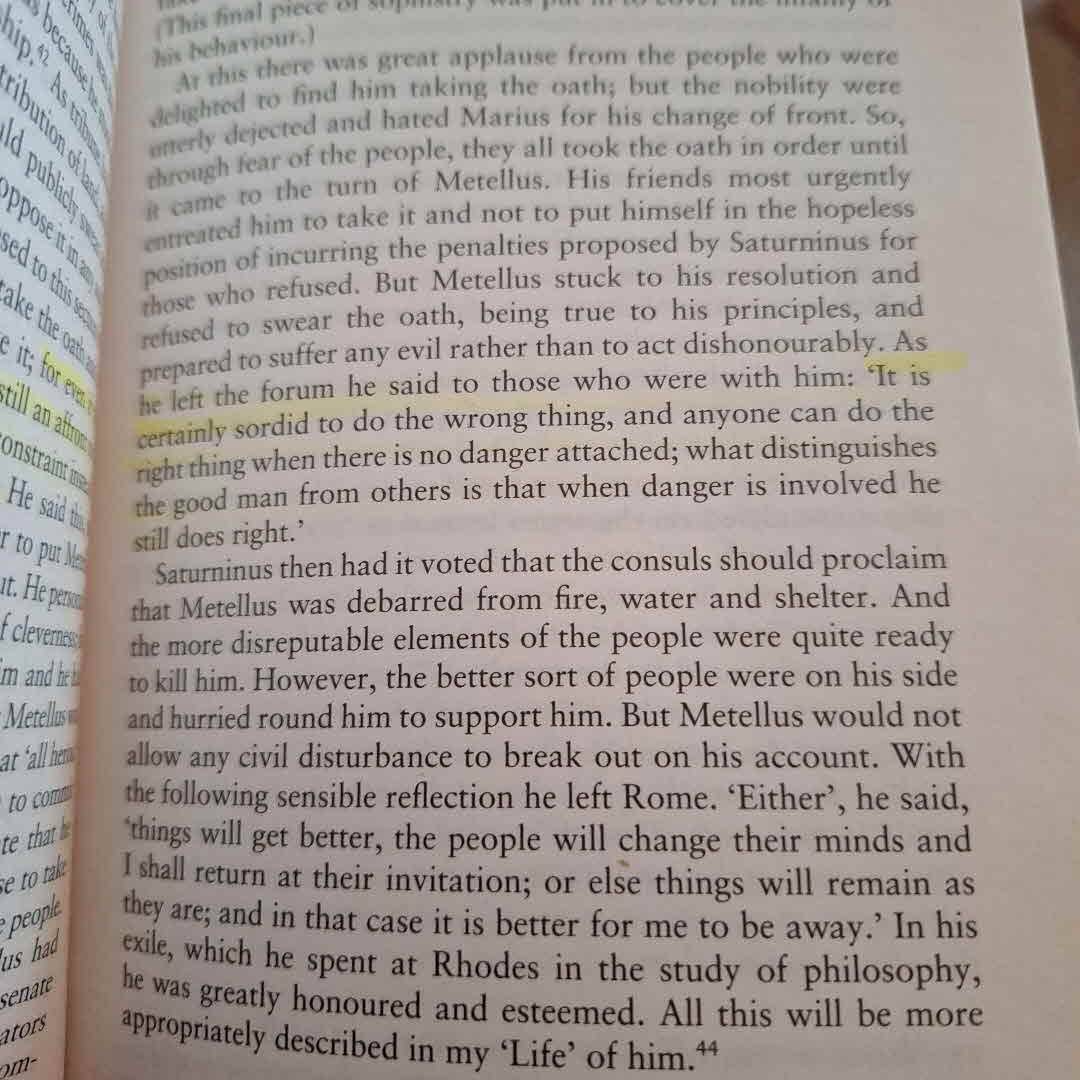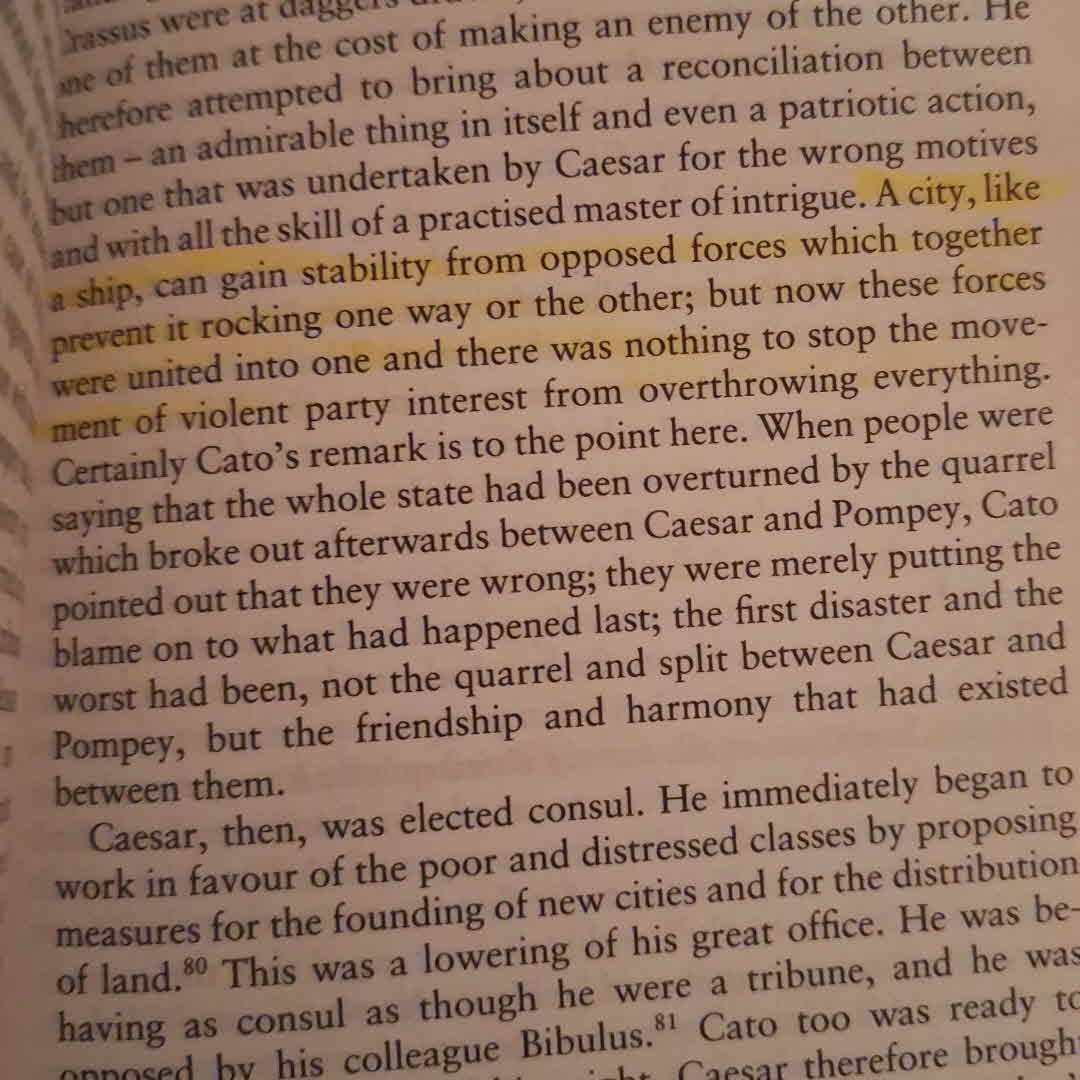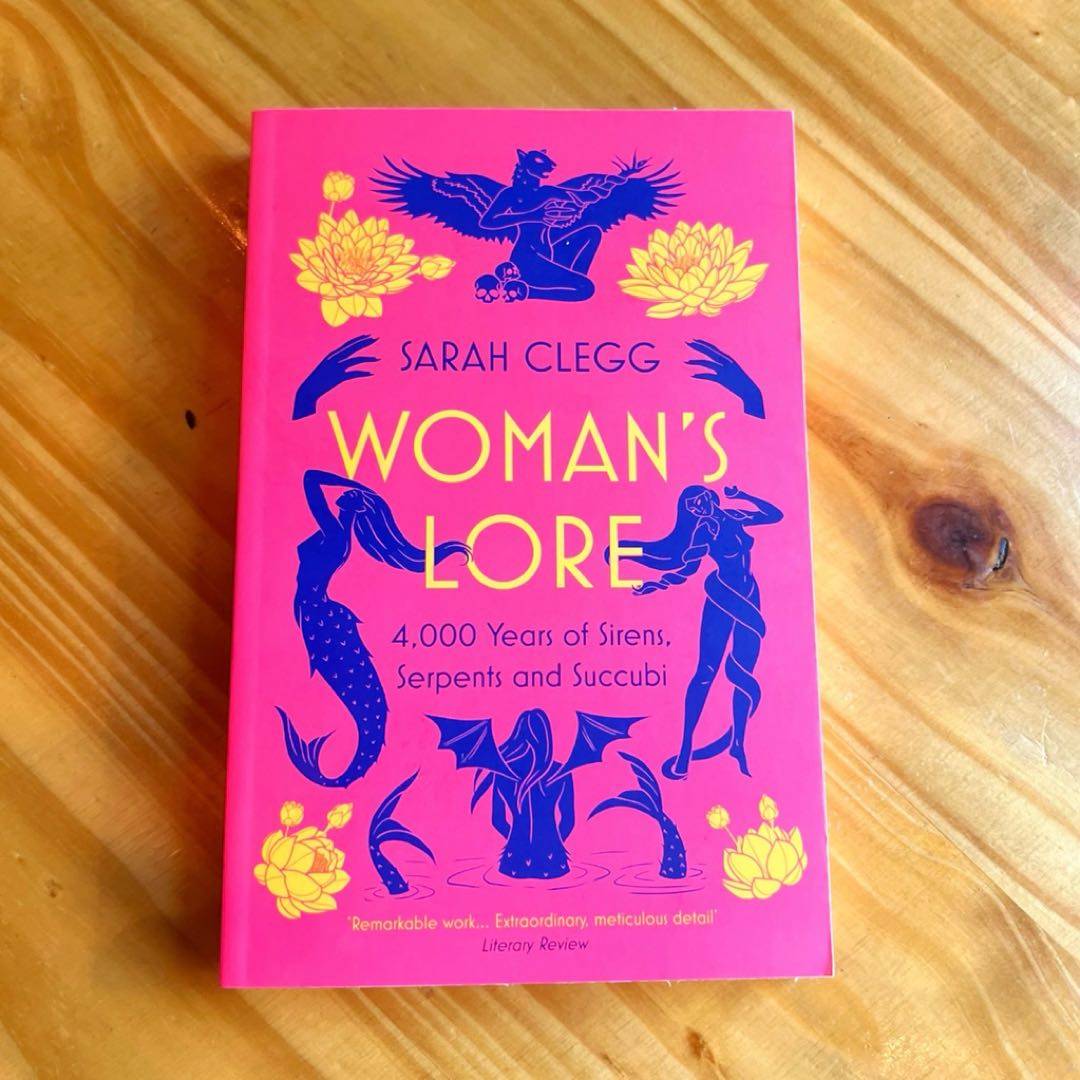
A history of the city of Alexandria, from its conception by Alexander the Great in 331BC to the Arab Spring of the early 2010s. As I have a fondness for ancient history, I found the early chapters most interesting. I felt a bit bogged down with various invasions and a little depressed at the recent “islamification” that has cost the city much of its multiculturalism.
Book29/60 Page 8939/18000 #Read2025 @DieAReader
#LetterA #LitsyAtoZ @Texreader







